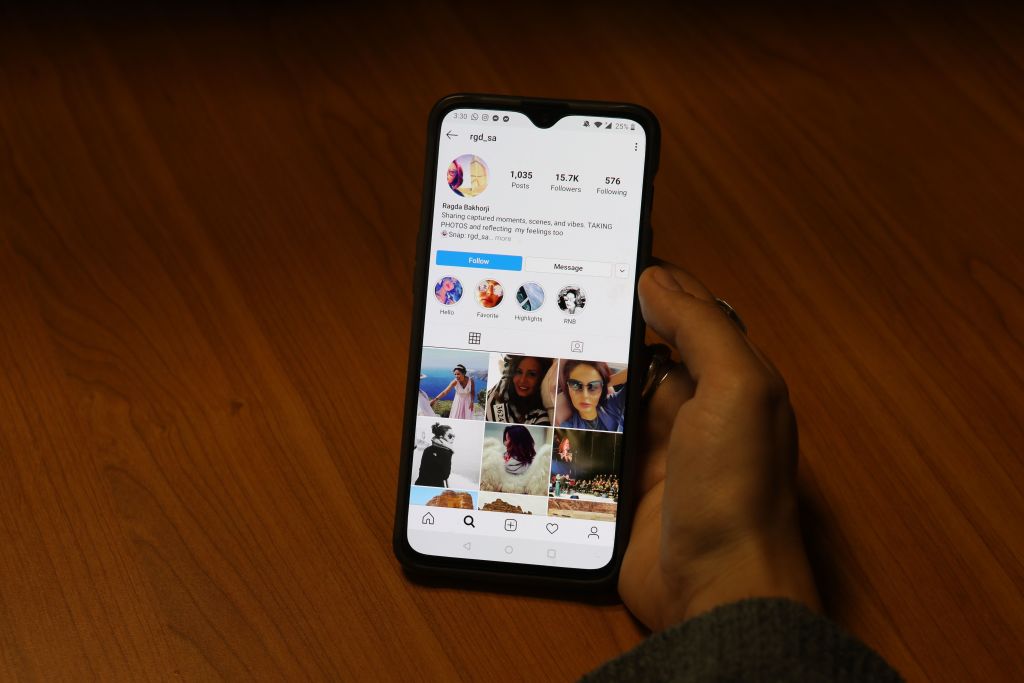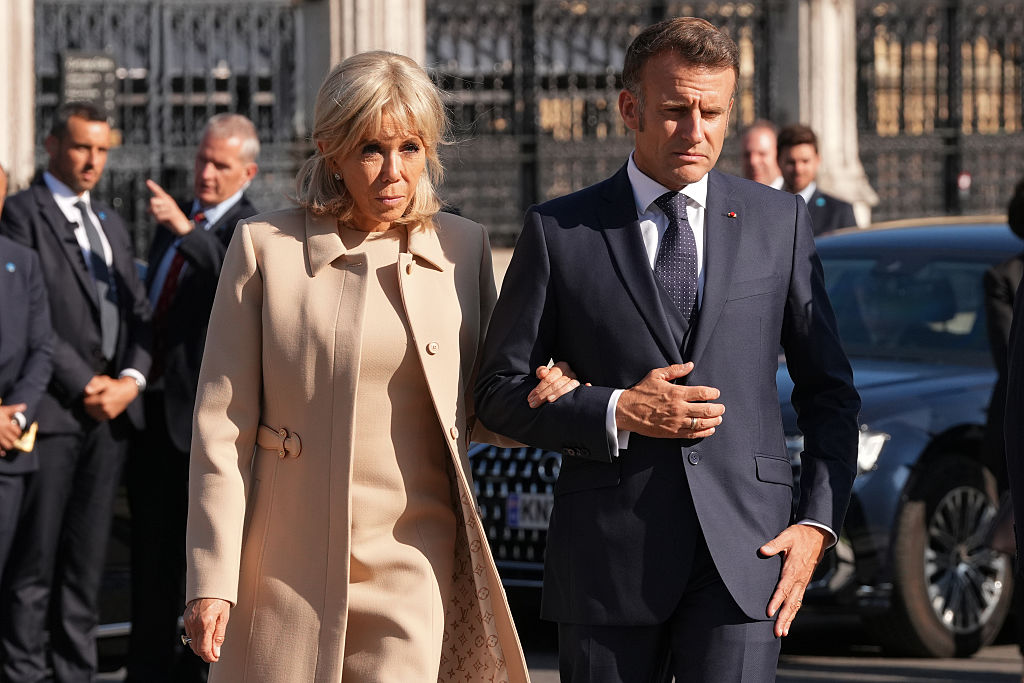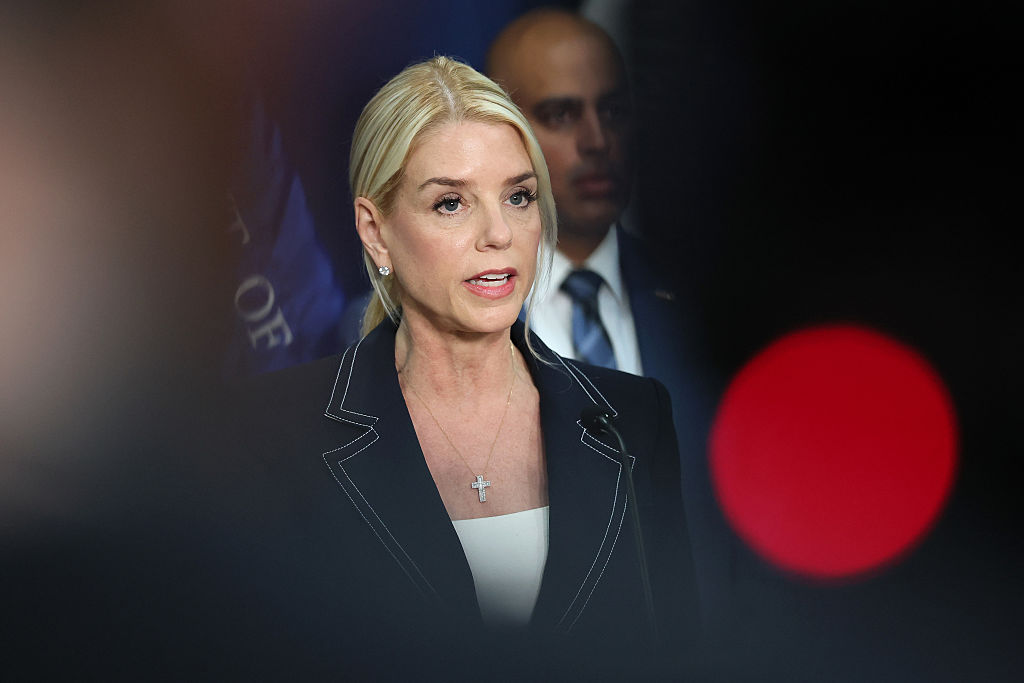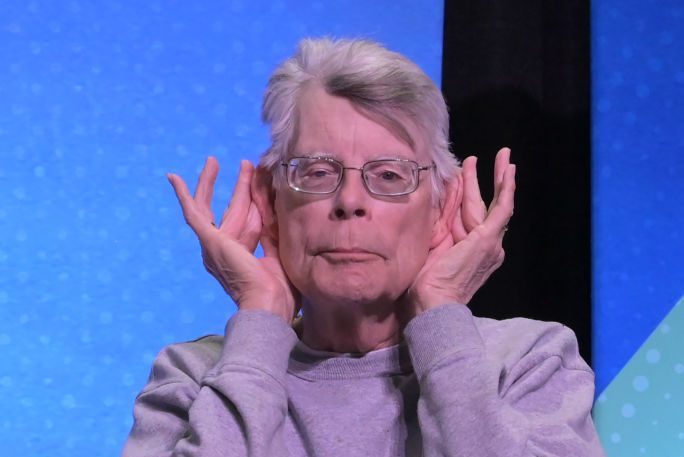“It’s like a candy store 😍😍😍”
That’s the way one pedophile described Instagram in a private messaging channel monitored by New York Times reporters. In the Sunday edition of the paper this week, the Times unveiled its month-long investigation into mothers who run Instagram accounts for their young daughters — and the grown men who love them for it. These women are known colloquially as the “Instamoms.”
Instamoms are the online version of pageant or stage moms. Their daughters are usually enrolled in traditionally feminine extracurriculars, like dance, gymnastics or cheer, but the activities are ultimately just a vehicle for the true goal: making their girls rich and famous.
Instagram accounts are banned for children under the age of thirteen, but momagers get around this by opening and controlling the accounts on behalf of their daughters — some as young as six years old, according to the Times. They regularly post photos and videos of their girls for an audience of strangers, usually in tight, revealing clothing that is perfectly utile and appropriate in an athletic setting, but appears sinister in the context of a photoshoot for social media.
“Elissa has been running her daughter’s Instagram account since 2020, when the girl was eleven and too young to have her own,” one real-life example reads. “Photos show a bright, bubbly girl modeling evening dresses, high-end workout gear and dance leotards. She has more than 100,000 followers, some so enthusiastic about her posts that they pay $9.99 a month for more photos.”
The underage accounts are usually started with the intention of securing clothing or other brand deals, already a suspect endeavor for such young girls. Then the moms get hooked on the attention the profiles receive — and the potential gobs of money to be made — and fully cross over into dark territory.
“Some parents are the driving force behind the sale of photos, exclusive chat sessions and even the girls’ worn leotards and cheer outfits to mostly unknown followers. The most devoted customers spend thousands of dollars nurturing the underage relationships,” the Times explains.
I was completely sick to my stomach reading about this over the weekend. It’s a mom’s job to protect her children from harm. What kind of mom would expose and use her daughter? Are these moms naive or blind to the fact that the people willing to pay for such content are adults who are sexually attracted to children?
The nature of the photos being posted to the accounts suggests these moms, disturbingly, know exactly what they’re doing.
“An eleven-year-old sits under a beach umbrella in red lipstick and a polka dot bathing suit,” a Times description of one post reads (the Times would not put the actual photos in the article in an effort to protect the subjects — more than their own parents did, sadly). “With her legs beneath her, she wears heart-shaped sunglasses and blows a kiss.”
Another photo shows a nine-year-old in a “white frilly leotard” as she “pulls her leg over her head while arching her back.”
The moms readily admit that they know a bulk of their audience are “creeps” and that they often spend hours a day filtering comments or blocking accounts that attempt to flirt with their daughters or leave outright sexual or threatening replies. Some express some regret or shame at what the accounts have attracted. Yet none seem prepared to implement the obvious solution: shutting the accounts down.
“I really don’t want my child exploited on the internet,” said a mom identified as Kaelyn. “But she’s been doing this so long now. Her numbers are so big. What do we do? Just stop it and walk away?”
Short answer: yes!
Elissa said deleting her daughter’s account would be akin to “giving in to bullies.” Others described the accounts as a “security blanket” for their child’s financial future, a resume for a future influencing career or a way to pay for college. Some reasoned that their girls liked the attention or needed to be on social media to avoid being behind the times.
These moms, addicted to pimping out their daughters online to pedophiles, have deluded themselves six ways to Sunday to justify their abuse.
The damage social media does to young people is well-documented at this point; according to the Department of Health and Human Services, “Children and adolescents who spend more than three hours a day on social media face double the risk of mental health problems including experiencing symptoms of depression and anxiety.” I wrote about the way social media is especially harming young women and girls in an edition of this newsletter over the summer. You can read that here. Girls on social media are very susceptible to developing body image issues, eating disorders, low self-esteem and self-sexualization.
But these studies are about young people who have their own social media accounts. What happens when their parents are the ones commodifying them? A major betrayal or maltreatment by a parent often leads to all kinds of issues into adolescence and adulthood: alcohol and drug abuse, hypersexuality, hyperaggression, mood and anxiety disorders, PTSD, personality disorders and more.
The daughter of Kaelyn, the mom who declined to shut down her daughter’s account because of how large it had grown, is now seventeen. Kaelyn says she is likely to become an OnlyFans model, the natural consequence of her mother teaching her that her value comes from selling her body.
“She’s written herself off and decided that the only way she’s going to have a future is to make a mint on OnlyFans,” she said. “She has way more than that to offer.”
Some of the Instamom children are already suffering before they hit their teenage years. Online pedophiles will try to blackmail the moms into providing racier content or straight-up child sexual abuse material. When one mom refused, a pedophile emailed the girl’s school and accused her of selling “naughty” pictures of her daughter. An investigation ensued.
“I was crying,” the girl said in an interview with the Times. “I was just scared. I didn’t understand what was going on.”
Instamom children may also find themselves isolated from their peer groups because other parents rightfully want to protect their own kids from the online attention.
“Children were telling her, ‘We can’t play with you because my mom said too many perverts follow you on the internet,’” one mom said.
Parents have long struggled with how much of their children to share on the internet out of concern for their privacy, safety and health. Some opt for private accounts and restrict followers to close friends and family. Others cover kids faces with smiley face emojis so they can’t be identified or, in a worst-case scenario, stalked or trafficked. Others have decided it’s safest to not post anything for the fear of seemingly innocent content falling into the wrong hands. In fact, some parents no longer send digital photos of their children to family members, afraid they’ll be posted without their permission.
A decade ago these parents might have been seen as paranoid or overly rigid, but it’s near impossible to understand the other extreme: the Instamoms who willingly profit from the exposure of their children to bad actors on the internet. For years we’ve seen the brutal consequences of stage parents pushing their children to be stars, the psychological damage that comes from growing up too fast and the grooming that is rampant in the entertainment industry. Instagram, it seems, is merely a new frontier.


























Leave a Reply